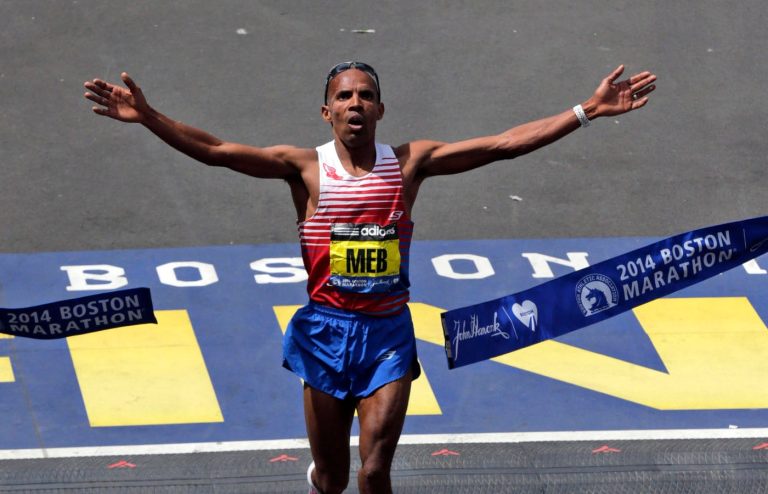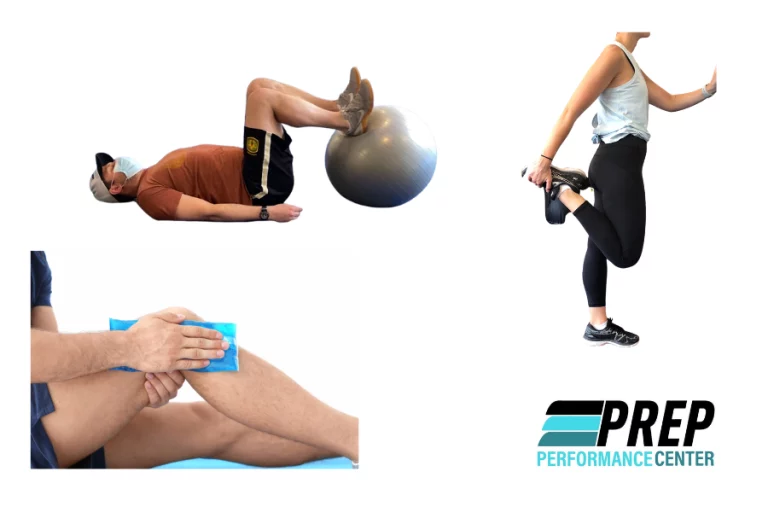Why is Marathon 26.2 Miles
Marathon is 26.2 miles because of the distance run in the 1908 London Olympics. The marathon course was altered to complete the length from Windsor Castle to Olympia in London. This distance was then standardized in 1921 and has since become the official marathon distance. The 26. 2-mile length challenges runners both physically and mentally,…






